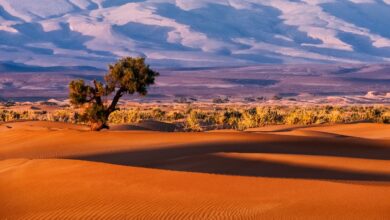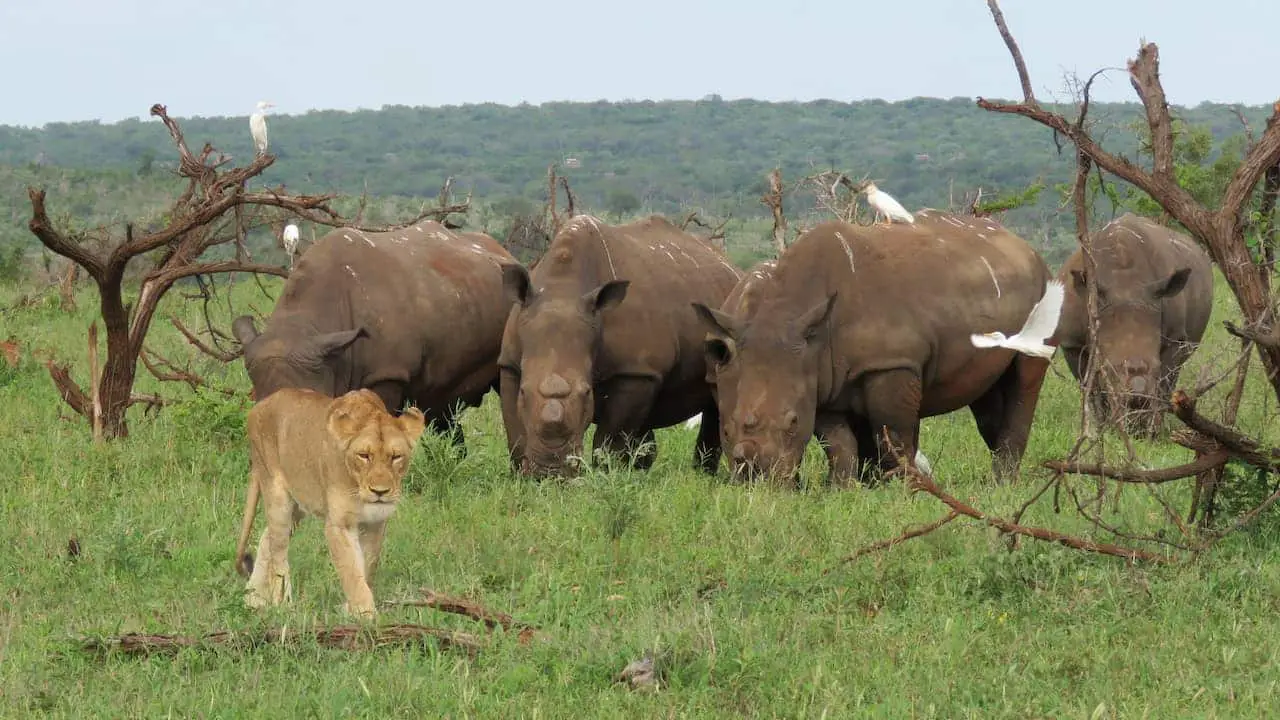Property Review – Mdumbi Backpackers
Mdumbi Backpackers, located on the Wild Coast of South Africa’s Eastern Cape province, is quickly becoming a badly kept secret. By Tourism Tattler correspondent Ingrid Sinclair.
Unobtrusive on a hill with a 180-degree view of one of South Africa’s most beautiful beaches, it’s not the easiest place in the world to get to, but the remoteness is only one aspect of this budget location’s ample charm.
“This feels like the only ‘real Africa’ within South Africa,” muses founder Johann Stadler, and he should know, having been born and bred in this part of the Eastern Cape. Starting a business here was the obvious choice: “I’ve always loved the Transkei and I just wanted to stay home. I like this lifestyle, I love the ocean and the people. It’s the homeland, you know? This is where [Nelson] Mandela is from. The people are proud, they will help you, they don’t have the same influences here as there are in the city. They live in peace and still trade with their cattle.”
With an intimate connection to the place, Johann – after studying nature conservation and tourism in the Free State – returned here 12 years ago with R8,000 in the bank. The property belonged to a church group – the Dutch Reformed building on-site has been preserved – but everything was broken down. For two years there were no guests, and without outside finance Johann slowly grew from 15 beds to 35, using only income generated by his budding business.
It’s called a backpackers, but really it’s a calm, comfortable haven for visitors from all walks of life. Private double cottages, dorm-style group accommodation and family-ready abodes – all rondawels built from mud and materials available on-site (ie, with minimal cement) – means Mdumbi attracts a mixed bag of customers from 18 to 40 and beyond, Europeans, South Africans, thrill-seekers, fishermen and families included.
Activities

The outdoor enthusiast has a full itinerary here. Kayaking up the Mdumbi river mouth is easy enough depending on the tides – no white water here – but gratifying, as sightings of fish eagles, fish owls, jellyfish and kingfishers are common. You can do the easy hike to nearby caves and brave a cliff jump, or go for the less strenuous cultural hike through the village with a local tour guide who offers a unique insider’s perspective. Surfing novice or pro? There are lessons and boards at your disposal. Even Johann can’t bear to go a day without hitting the world-class waves. Free-roaming horses are gathered for early-morning rides along the beach. The beach and the warm Indian Ocean are, due to Mdumbi’s limited capacity, almost always exclusively yours. Exhausted and sore after all that adventure? There’s a trained masseuse and a beautifully serene spa at your disposal.
Activities, meals and sundry are seamlessly organised by Johann and his staff, who offer conversation and personal attention without intruding on your privacy.
Responsible Tourism

This is a year-round destination but, says Johann, it is particularly good in winter. Summer rainfall translates to sunny, wind-free winter days. Complement the great weather with a spectacular influx of marine wildlife during this time of year when dolphins, whales and birds follow massive shoals of silver fish up the coast for the Serengeti of the sea – more commonly known as the Natal sardine run – and what you have is a uniquely South African experience set along one of the most pristine and beautiful coastlines in the world.
“There is an imagined safety factor when it comes to the Transkei,” says Johann of issues that deter some people from venturing out here. “But here we live without burglar bars or locks.” As for the perceived difficulty of getting here, that too is exaggerated. Mdumbi is entirely accessible to self-drivers – Tourism Tattler can confidently report that it’s more than doable in a regular 2X4 low-clearance vehicle such as the Honda Jazz – but should transport be an issue, a reliable shuttle service regularly departs from Mthatha and Coffee Bay.
To top it all, this is probably the most affordable way to enjoy all the spoils of the Wild Coast. Accommodation prices start at R130 per person (or R70 per person for camping), adventure activities from R40 to R150, and the healthy, hearty meals cost between R55 and R75*. Group rates are available on enquiry. *Prices from May 2014.
For more information contact Johann Stadler on Tel: +27 (0)83 461 1834 or Email: [email protected] or visit www.mdumbi.co.za.
About the Author: Ingrid Sinclair is a freelance travel writer and blogger (www.capetocaracas.com). She holds a BA in English Studies, Media and Writing, and Film Studies, obtained with distinction from the University of Cape Town. Ingrid can be contacted by email: [email protected]







